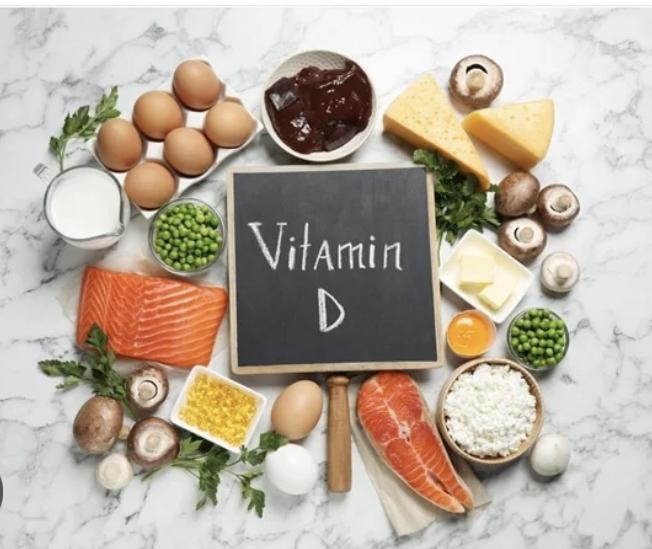
Why do we need Vitamin D?
Vitamin D is essential for our overall health and well-being. Here are a few reasons why we need vitamin D: 1. Promotes strong bones: Vitamin D helps in the absorption of calcium and phosphorus, which are crucial for maintaining strong and healthy bones. It plays a vital role in preventing conditions like osteoporosis and rickets.
2. Supports immune function: Vitamin D plays a crucial role in supporting the immune system. It helps in the regulation of immune responses, reducing the risk of infections, and promoting overall immune health.
3. Enhances mood and mental health: Vitamin D has been linked to mood regulation and mental health. It is known to play a role in the production of serotonin, a neurotransmitter that affects mood. Adequate vitamin D levels have been associated with a lower risk of depression and improved overall mental well-being.
4. Reduces the risk of chronic diseases: Research suggests that vitamin D may play a role in reducing the risk of chronic diseases such as heart disease, diabetes, and certain types of cancer. However, more studies are needed to fully understand the extent of its impact on these conditions.
5. Supports muscle function: Vitamin D is important for maintaining healthy muscles. It aids in muscle strength and function, reducing the risk of falls and fractures, especially in older adults. It is important to maintain adequate levels of vitamin D through a combination of sunlight exposure, diet, and supplementation if necessary. However, it is always recommended to consult with a healthcare professional for personalized advice regarding vitamin D supplementation.
There are a few sources of vitamin D:
1. Sunlight: Sunlight is the most natural source of vitamin D. When your skin is exposed to sunlight, it produces vitamin D. However, the amount of vitamin D produced depends on factors like time of day, season, latitude, and skin pigmentation. It is recommended to get moderate sun exposure for about 10-30 minutes a day, preferably between 10 am and 3 pm, with face, arms, and legs exposed.
2. Fatty fish: Fatty fish such as salmon, mackerel, and sardines are excellent sources of vitamin D. They contain high levels of this vitamin, especially if they are caught from cold waters.
3. Fortified foods: Some foods are fortified with vitamin D to help increase the intake. Common examples include fortified milk, orange juice, breakfast cereals, and plant-based milk alternatives like soy or almond milk. Check the labels to see if the product has been fortified with vitamin D.
4. Egg yolks: Egg yolks contain small amounts of vitamin D. While the amount may vary depending on the source and diet of the hens, eggs can contribute to your vitamin D intake.
5. Mushrooms: Certain types of mushrooms, such as shiitake and maitake, have the ability to produce vitamin D when exposed to ultraviolet (UV) light. These mushrooms can be a good source of vitamin D for those following a vegetarian or vegan diet.
6. Supplements: If it is challenging to get enough vitamin D through sunlight and food sources, supplementation may be necessary. Vitamin D supplements are available over-the-counter and can be taken under the guidance of a healthcare professional. Remember, it is important to maintain a balanced diet and consult with a healthcare professional to determine the appropriate intake of vitamin D based on your individual needs

